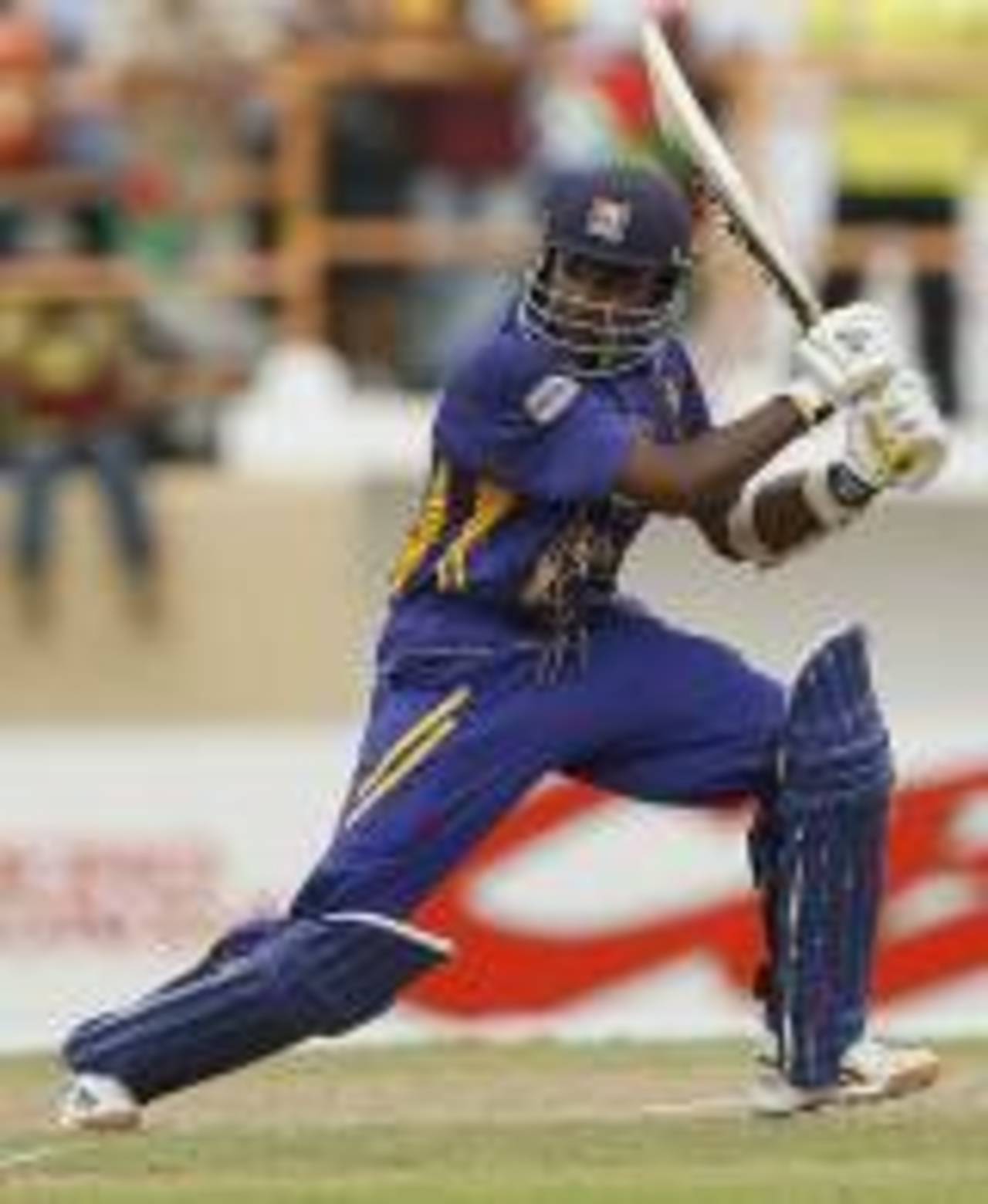Mahela, intelligence and ingenuity
Why Mahela's hundred in the semi-final is one of the cleverest in the history of the World Cup
ESPNcricinfo staff
Feb 25, 2013, 10:26 PM

AFP
Have you ever played book cricket? I don’t know if young people play it these days but when I was growing up in Calcutta in the 1970s, it was all we used to play in school between classes. In case you don’t know the rules, this is how it goes. The game demands that you open a book at random and look at the page number of the left-hand side page that has fallen open. (Why the left-hand side page? I don’t know. Well, why not?) The last digit of the page number (‘4’ if it is 224, ‘2’ if it is 82 and so on) gives you the number of runs you score. You go on doing this (and adding to your total) until a page falls open in which the last digit is 0 (say, 60; or whatever). Then you’re out. You could play in teams of four or six or one against the other.
You could also, if you were on your own – as I frequently was at home – play it by yourself. I’d organize a fully-fledged game between two Test-playing nations and bat for both teams. Book cricket offers immense scope for cheating. If the page falls open at, say 40, just leave it there a second, look away, the pages will riffle and, in a second, would have turned to 44. Result: the batsman who ought to have been out would have added four to his score. In this devious and not entirely original manner, I managed to make my favourite batsmen score many more centuries than they ever did in their careers.
Now the point of this long-winded story is that not even the most ardent Mahela Jayawardene fans, were he to be as big a cheater at book cricket as I used to be, would have dared give him the kind of innings in his make-believe game as Jayawardene played yesterday. There was about it something of the boys’ own adventure story, of perfect timing (not just in the shots he played during the innings but also in the moment when the innings arrived), of drama, suspense, joy, seeking and finding and fulfillment.
It must be one of the cleverest, most intelligent innings in the history of the World Cup. There have been greater innings, like Tendulkar’s against Pakistan at Centurion four years ago. There have been innings with more swashbuckle and imperiousness, like Viv Richards’ 138 in the 1979 final. There have been grittier ones, like Steve Waugh’s 120 in the 1999. And there have been more brutal ones, like Matthew Hayden’s 66-ball hundred against South Africa in this tournament.
But for sheer ingenuity and cleverness, in the wind-up to it – as much through the tournament as during the innings itself – Mahela’s innings was peerless. He had scored 41 runs in four innings against India just before the World Cup. He failed against both India and South Africa in this championship. Then came 82 against the West Indies and 56 against England.
Yesterday, he had at one stage 6 from 30-odd balls. He had 22 from his first 50. And he ended with 115 not out from 109. It wasn’t so much that his strike-rate went above a hundred in the end. It was the manner in which it did, with the twirls and the steers and the immaculate way in which he threaded the field, the imperturbable, sublime intelligence of it all.
Sitting on our living-room sofas, we fans talk so much about how innings should be paced, about the value of batting right through and having wickets in hand for the final charge. Mahela’s innings should make us all shut the hell up and just watch: if this sort of thing is so rare at that level of sport, imagine how difficult it must be.
Given the way in which Mahela’s campaign – from before the World Cup and during it – has unfolded, yesterday’s big-game big innings was a fitting culmination.
Now why on earth did I say something as silly as that?
Soumya Bhattacharya is the editor of Hindustan Times, Mumbai. He is the author of two volumes of cricketing memoirs - You Must Like Cricket? and All That You Can't Leave Behind - and a novel, If I Could Tell You